Hi Vis Shirt Reflective Skull US Flag Mint Neon Custom Name Safety
29.99 $ – 59.99 $

Understanding Custom Name Safety
Custom name safety refers to the practices and considerations associated with selecting names for various purposes, such as online usernames, brand names, and personal identifiers. The concept encompasses not just the uniqueness and appeal of the name but also its implications for privacy, security, and reputation. In today’s digital landscape, where personal and professional identities are often intertwined, the importance of choosing safe custom names cannot be overstated.
One of the primary risks associated with poorly chosen names is the potential for privacy breaches. For instance, users who select easily identifiable usernames may inadvertently expose their personal information to unwanted attention or malicious actors. Similarly, businesses that do not consider the implications of their brand names may find themselves vulnerable to negative publicity or legal repercussions, particularly if the name inadvertently aligns with inappropriate or controversial references.
Security threats also arise from inadequate custom name selection. Names that are generic or common can make individuals and organizations susceptible to phishing attacks or impersonation. Cybercriminals often exploit recognizable patterns in names, which can enable them to target specific individuals or businesses with greater efficacy. For example, using simple variations of a well-known brand name in a social media handle may mislead consumers and damage the original brand’s integrity.
Furthermore, the impact of a name on personal and professional reputation should not be overlooked. A name that is perceived as unprofessional or offensive can hinder career advancement or personal relationships. Conversely, a thoughtfully selected custom name can enhance one’s credibility and foster positive associations. To ensure safety, individuals and businesses should prioritize the use of unique but non-intrusive names, avoiding those that may carry negative connotations or pose a security risk. By following best practices in custom name selection, a balance can be achieved between identity and safety in both virtual and physical realms.
Best Practices for Creating Safe Custom Names
Creating safe custom names is paramount in today’s digital landscape, where the risk of identity theft and data breaches is increasingly prevalent. To enhance safety, it is essential to employ a combination of letters, numbers, and symbols in custom names. This practice not only increases the complexity of the name but also helps in deterring unauthorized access. For instance, using a format such as “User123!@”, rather than “User” alone, creates a stronger defense against potential breaches.
Furthermore, avoiding personally identifiable information (PII) is crucial when devising custom names. Including elements such as birth dates, addresses, or full names can make individuals susceptible to various forms of cyberattacks, including phishing schemes. Therefore, it is advantageous to choose a name that reflects abstract concepts or interests instead of elements tied to one’s identity.
Another best practice is to regularly check the availability and uniqueness of chosen names across platforms. By ensuring that the name is not already in use, individuals can minimize the risk of confusion or fraudulent activities. Online tools can aid in verifying name uniqueness, thereby contributing to the safety and integrity of one’s online presence.
Additionally, adapting names for different platforms is critical. Each digital ecosystem has its specific requirements and user culture, which can influence how a name is perceived. Tailoring a custom name to align with platform conventions not only enhances safety but also boosts recognition and user engagement.
Lastly, it is prudent to regularly review and update custom names. This routine ensures that any outdated information or potential vulnerabilities are addressed, maintaining a high standard of security. Learning from real-life case studies of name-related incidents can further underscore the importance of these practices. For instance, businesses that faced severe repercussions due to insufficient attention to naming protocols illustrate the potential dangers of neglecting safety.
| Types | LONG SLEEVES, Hawaiian Shirt, Polo Shirt, T-SHIRT, NORMAL HOODIE, ZIPPED HOODIE |
|---|---|
| Size | S, M, L, XL, 2XL, 3XL, 4XL, 5XL |
Be the first to review “Hi Vis Shirt Reflective Skull US Flag Mint Neon Custom Name Safety” Cancel reply
Shipping
All our clothing/apparel are created On Demand and Cut and Sewed by hand! This means once you order a product the printing process starts. We use the best printers in the biz to ensure a great end product. Now… we can tell you all about how we print and what our process is, but it would be far easier to show you. This is why we created the video below of one of our production facilities:SHIPPING TIMES:
We provide shipping to over 200 countries around the world. However, there is some location we are unable to ship. If you happen to be located in one of those countries we will contact you. You will receive an email once your order is shipped that contains your tracking information. If you don’t receive the tracking information within 5 days, please contact us: support@workwearcustom.com. How long shipping takes really depends on where you are from. To make it easy for you we created this simple table to help you estimate:| LOCATION | *ESTIMATED SHIPPING TIME |
| United States | 7 – 15 business days |
| Mexico, Brazil, South Africa | 10 – 20 business days |
| Rest of the world | 10 – 20 business days |
SHIPPING OPTIONS:
US, Canada, Australia, Europe: Free shipping: Order over $100 Standard Shipping: $8.95. Insurance Shipping $12.95. International Shipping: Free shipping: Order over $100 Standard Shipping: $8.95. Insurance Shipping $12.99. Expedited shipping (3-10 days): Free ship by Expedited shipping methods (DHL/UPS line/Fedex/USPS/Yun Express…) for orders over 10 items + STANDARD SHIPPING: You can choose Standard Shipping at a cheaper cost but if the goods are lost when shipped, we will not refund you, if the goods you receive are defective, broken, … but cause not by you, we will send you a replacement product or refund you (if you want the refund, you need to send the package back). Free shipping is regarded as standard Shipping + SHIPPING WITH INSURANCE? Because there is always a risk that goods in transit may be damaged, lost or delayed, you can choose to transport with Insurance. When your goods have any errors due to shipping, we will immediately send you another product or refund you without asking for any whatever. Besides opting for transportation insurance, making sure the goods are packed safely and securely also mitigates any loss. Expedited shipping is regarded as a shipping with insurance. NOTE: We send orders to ordering shipping address, not the person on it. Please make sure your shipping address is written correctly to avoid any inconvenience.Related Products
 White
White Light Blue
Light Blue Light Blue Colour
Light Blue Colour Light Pink
Light Pink Military
Military S Sand
S Sand S Sport Grey
S Sport Grey S White
S White Sand
Sand Sand Colour
Sand Colour Sport Grey
Sport Grey White Colour
White Colour Black
Black Black Color
Black Color Black Colour
Black Colour Dark Heather
Dark Heather Dark Heather Color
Dark Heather Color Military
Military Navy
Navy P Black
P Black P Sport Grey
P Sport Grey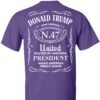 Purple Color
Purple Color Royal
Royal Sport Grey Color
Sport Grey Color Sport Grey Colour
Sport Grey Colour Black
Black Black Color
Black Color Black Colour
Black Colour Dark Heather
Dark Heather Dark Heather Color
Dark Heather Color Military
Military Navy
Navy P Black
P Black P Sport Grey
P Sport Grey Purple Color
Purple Color Royal
Royal Sport Grey Color
Sport Grey Color Sport Grey Colour
Sport Grey Colour Black
Black Black Color
Black Color Black Colour
Black Colour Dark Heather
Dark Heather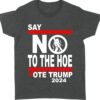 Dark Heather Color
Dark Heather Color Military
Military Navy
Navy P Black
P Black P Sport Grey
P Sport Grey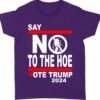 Purple Color
Purple Color Royal
Royal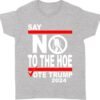 Sport Grey Color
Sport Grey Color Sport Grey Colour
Sport Grey ColourSay No To The Hoe Vote Trump Shirt | Trump Republican Shirt | Trump Supporter Shirt Dark T1570 – GOP
 Black
Black Orange
Orange Red
Red White
White Light Blue
Light Blue Light Green
Light Green Light Pink
Light Pink Navy Blue
Navy Blue Yellow
Yellow White
White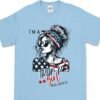 Light Blue
Light Blue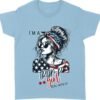 Light Blue Color
Light Blue Color Light Blue Colour
Light Blue Colour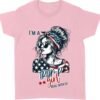 Light Pink Color
Light Pink Color P Light Blue
P Light Blue P Sport Grey
P Sport Grey P White
P White Sport Grey
Sport Grey Sport Grey Color
Sport Grey Color Sport Grey Colour
Sport Grey Colour V Sport Grey
V Sport Grey V White
V White White Color
White ColorI’m A Trump Girl Deal With It Shirt | Political Tee Shirt | Trump Supporter Shirt Bright T1572 – GOP
 White
White Light Blue
Light Blue Light Blue Color
Light Blue Color Light Blue Colour
Light Blue Colour Light Pink Color
Light Pink Color P Light Blue
P Light Blue P Sport Grey
P Sport Grey P White
P White Sport Grey
Sport Grey Sport Grey Color
Sport Grey Color Sport Grey Colour
Sport Grey Colour V Sport Grey
V Sport Grey V White
V White White Color
White Color White
White Light Blue
Light Blue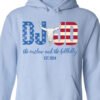 Light Blue Colour
Light Blue Colour Light Pink
Light Pink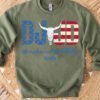 Military
Military S Sand
S Sand S Sport Grey
S Sport Grey S White
S White Sand
Sand Sand Colour
Sand Colour Sport Grey
Sport Grey White Colour
White Colour White
White Light Blue
Light Blue Light Blue Colour
Light Blue Colour Light Pink
Light Pink Military
Military S Light Pink
S Light Pink S Sand
S Sand S White
S White Sand
Sand Sand Colour
Sand Colour Sport Grey
Sport Grey White Colour
White Colour White
White Light Blue
Light Blue Light Blue Colour
Light Blue Colour Light Pink
Light Pink Military
Military S Sand
S Sand S Sport Grey
S Sport Grey S White
S White Sand
Sand Sand Colour
Sand Colour Sport Grey
Sport Grey White Colour
White Colour White
White Light Blue
Light Blue Light Blue Colour
Light Blue Colour Light Pink
Light Pink Military
Military S Light Pink
S Light Pink S Sand
S Sand S White
S White Sand
Sand Sand Colour
Sand Colour Sport Grey
Sport Grey White Colour
White Colour Black
Black Black Color
Black Color Black Colour
Black Colour Dark Heather
Dark Heather Dark Heather Color
Dark Heather Color Military
Military Navy
Navy P Black
P Black P Sport Grey
P Sport Grey Purple Color
Purple Color Royal
Royal Sport Grey Color
Sport Grey Color Sport Grey Colour
Sport Grey Colour
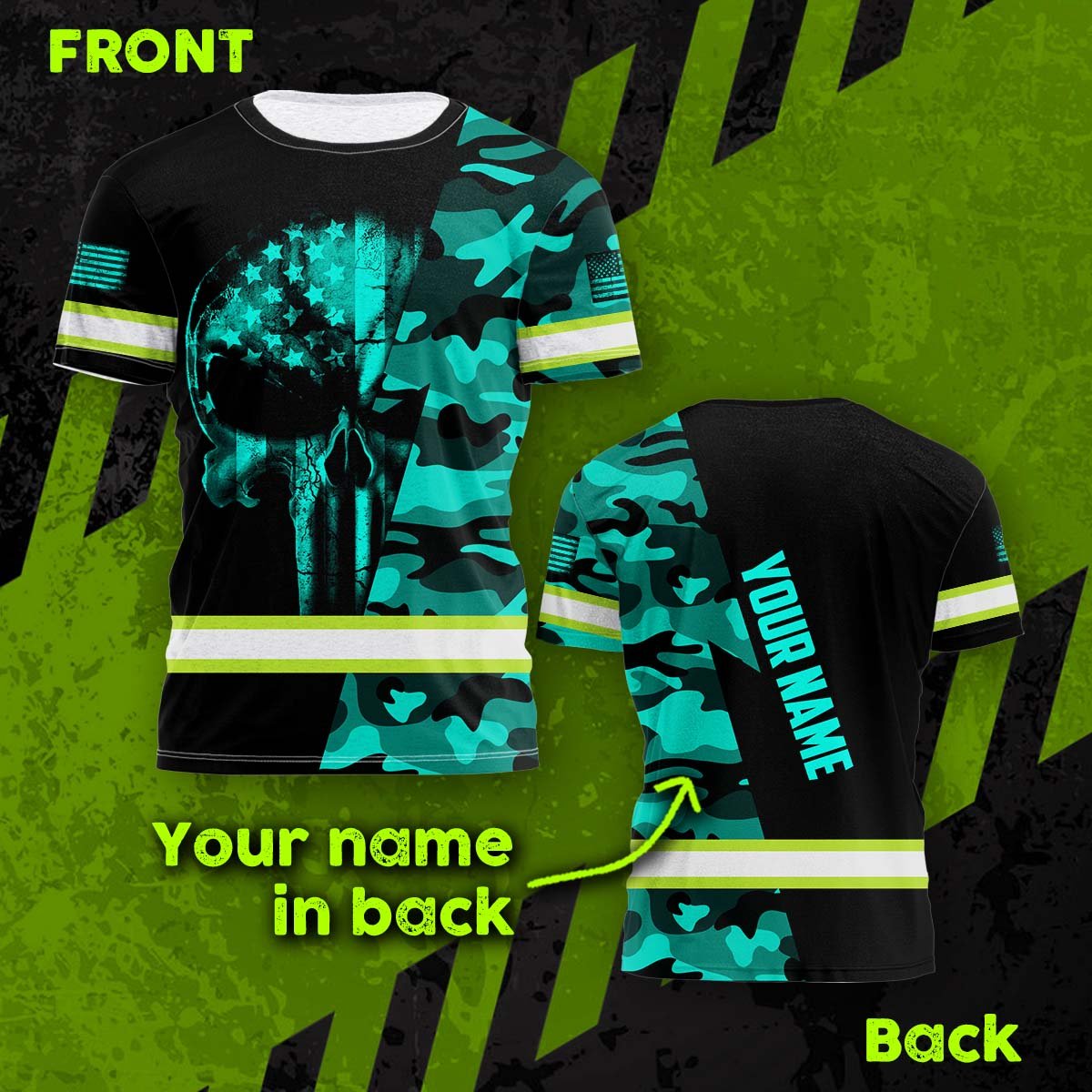

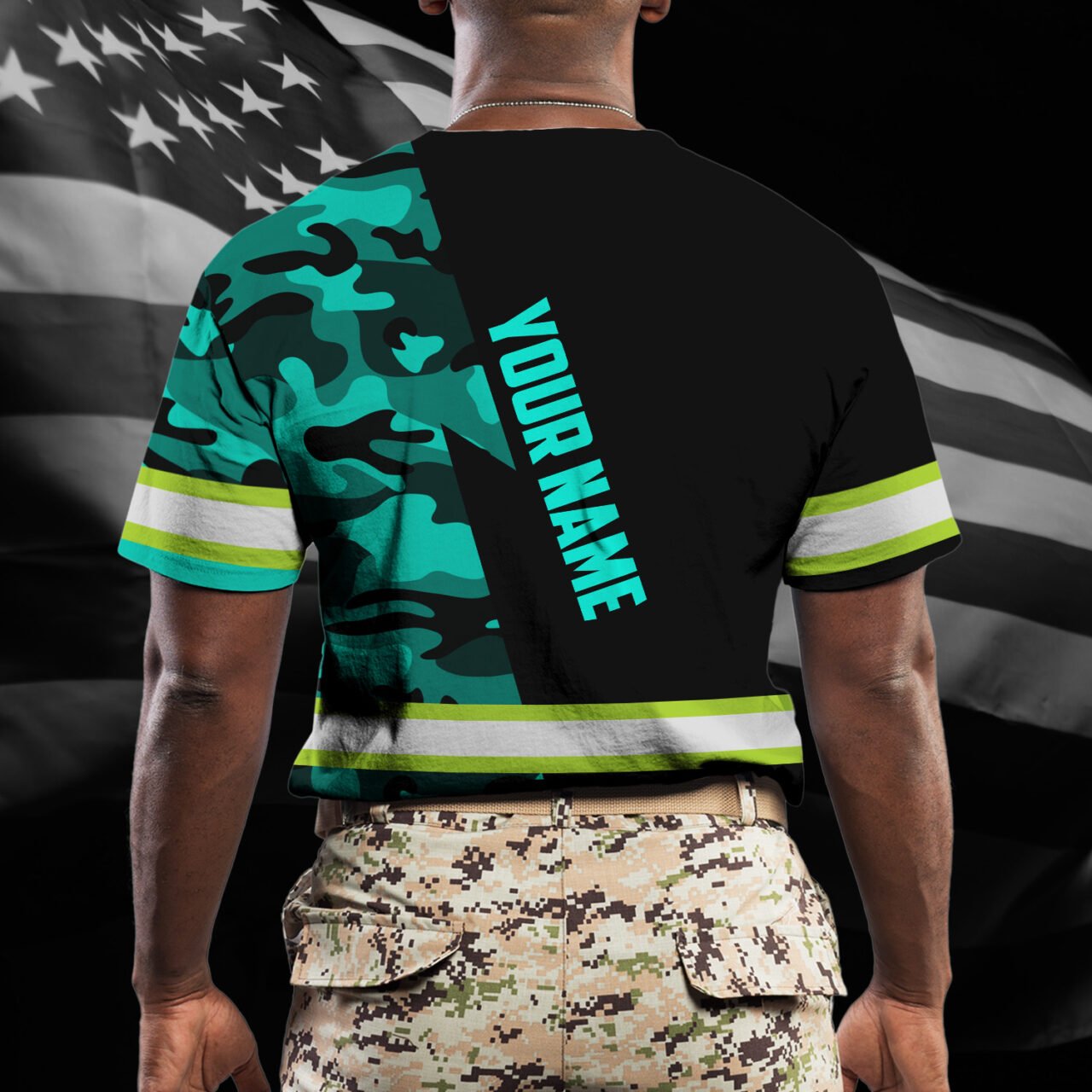


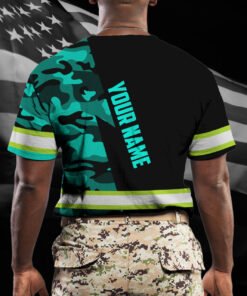







































Reviews
There are no reviews yet.